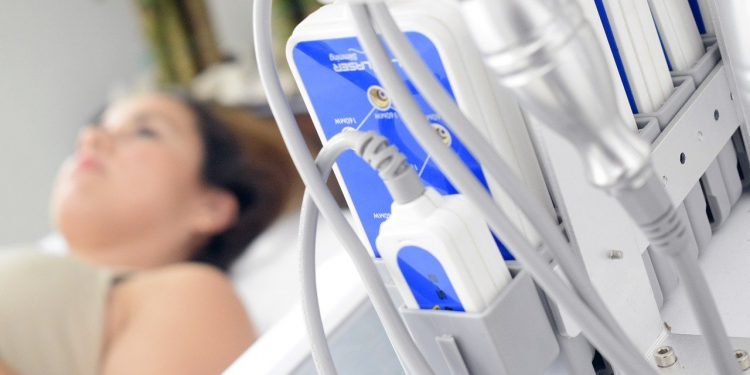The Liberal Democrats have pledged to give cancer patients a legal right to start treatment within 62-days after an urgent referral should the party win the upcoming general election.
Liberal Democrat leader Ed Davey said his party would make “improving cancer care a top priority,” adding the issue was deeply personal to him having lost both his parents to cancer as a child.
While almost 100,000 cancer patients last year waited longer than 62 days to begin treatment after an urgent referral, the 62 day target has not been met since 2015.
The party said it would introduce a legal guarantee that 100% of patients will be able to start treatment within 62 days from urgent referral. The new cancer treatment guarantee would be enshrined in the NHS constitution, which already sets out a number of other patients’ rights. It would place a legal duty on the government and the NHS to put the policies and resources in place to ensure the patient can start treatment within 62 days.
The manifesto pledge will form part of the party’s plan to improve cancer care services with an additional £4bn invested over the next five years.
Davey said: “Like millions of people, my life was turned upside down by cancer, which took both my parents from me when I was young. I know how painful it feels to see your loved one left in limbo – diagnosed with cancer but waiting months for the treatment they need.
“Every day counts in a battle against cancer. But far too many patients are still waiting far too long to start treatment after being diagnosed as cancer delays soar to the worst levels on record.
“Despite all the progress by our incredible scientists and NHS staff, the UK still lags behind other countries when it comes to cancer survival rates – and these delays are a major reason why. That’s why the Liberal Democrats will make improving cancer care a top priority, and fight every day for better care for you and your loved ones.”
Dean Rogers, director of industrial strategy for the Society of Radiographers, welcomed the party’s pledge.
“Therapeutic radiographers plan and deliver radiotherapy treatment for cancer patients, so we know how vital it is that patients are seen promptly,” Rogers said.
“But chronic radiography workforce shortages mean that the current target for 96% of cancer patients to receive radiotherapy treatment within 31 days has not been met since July 2021. In 2023, 11% of patients waited more than 31 days after the decision to treat had been confirmed, compared with 5% in 2021.
“In some hospitals, therapeutic radiographers are being forced to prioritise certain cancer patients – delaying radiotherapy for all but the most urgent cases – because they lack the capacity to deliver treatment.
“The average vacancy rate for therapeutic radiography has risen to 8.4 per cent, which means that some departments’ vacancy rate is much higher. Unless the workforce crisis is tackled, then waiting times for cancer patients will not come down.
“There is no magic wand we can wave to solve the crisis facing the NHS – and the scale of the challenge should not be underestimated.
“We need all political parties to support our Radiography Manifesto, to ensure that NHS departments are fully staffed and NHS workers fairly treated, and that patients receive the care they need, when they need it.
“Our members deserve better. Our patients deserve better.”






